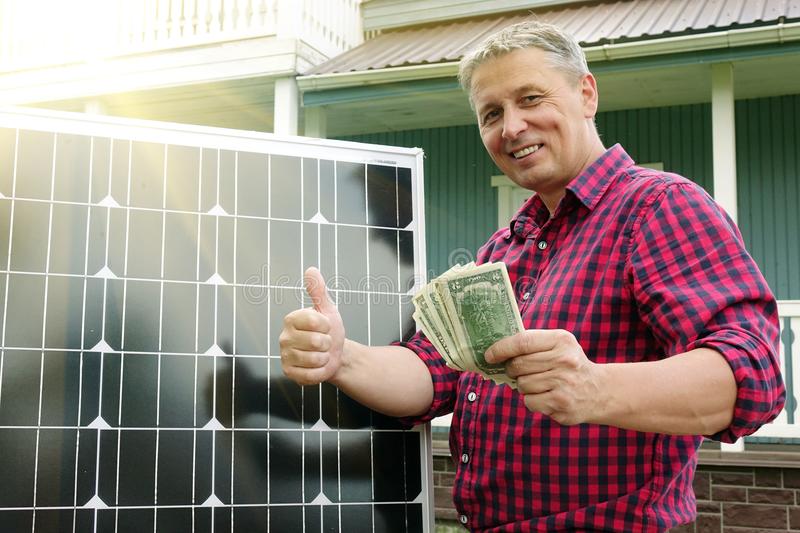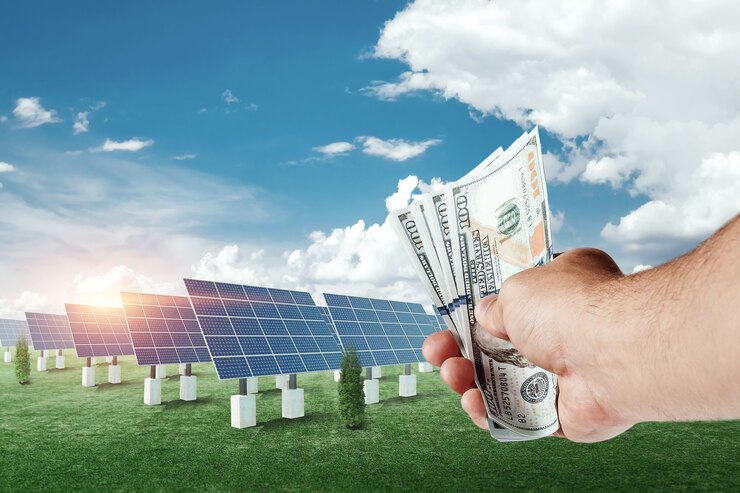Commercial Solar Financing For Businesses
Are you a business looking to harness the benefits of solar energy without breaking the bank? Our commercial solar financing solutions provide customized options to meet your unique operational needs, ensuring you can easily switch to clean, renewable energy.
We offer a range of financing options, including lease-to-own, Power Purchase Agreement (PPA), financed purchases, and cash purchases. Our team will collaborate with you to identify the best solution that aligns with your goals and budget.
We will discuss customized solar financing options for your agricultural, industrial business and commercial solar projects (c&i ). Choose the right fit for your needs.
Commercial Solar Financing Options

We’ll collaborate with you to customize the optimal financing solution for your industrial and commercial solar project. Explore our financing options, including lease-to-own, Power Purchase Agreement (PPA), financed purchases, or cash purchases. Our team will carefully evaluate each option, providing thoughtful recommendations to guide your decision-making process.
1. $0 Out of Pocket, Lease-to-Own
Our Lease-to-Own structure enables businesses to save money and reduce operating expenses without upfront costs. Ownership typically transfers within 10 years, offering a clear path to long-term benefits. This solar lease option includes:
$0 down solar energy lease: Pay a fixed monthly payment based on your system’s predicted electrical production.
Zero-down solar PPA: Property owners can enjoy benefits of a Solar Power Purchase Agreement without any upfront costs.
Solar loan with no money down: Own the commercial property’s solar panel system, qualifying for tax incentives and financial benefits like solar investment tax credit benefits and the federal tax credit (ITC).
2. Commercial Solar PPA Providers

With our PPA option, we install and maintain the solar energy system at no cost, offering you power at a reduced rate. Your energy costs are guaranteed for up to 20 years, protecting your solar power system from future clean energy interest rate spikes.
3. Financed Purchase
Seize the advantages of solar incentives without upfront costs through a financed purchase, allowing you to enjoy the benefits of solar energy from day one.
4. Cash Purchase
For optimal cash flow, consider a cash purchase if you have available funds. This option provides access to incentives such as a 30% tax credit on the PV system price and renewable energy credits.
Commercial Solar Financing in California for a Clean Energy Economy
Our commitment extends beyond individual businesses; we aim to contribute to California’s solar industry and the broader U.S. renewable energy landscape. Our industrial and commercial solar finance provides the support you need for your solar project, offering enhanced energy efficiency and storage to boost your company’s output while reducing costs.
Start a solar consulting with us to positively impact the environment and your bottom line through our reliable and sustainable commercial solar financing solutions.
25 Years Guarantee
We offer a 25-year production guarantee in addition to our timeframe guarantee and typical manufacturer equipment warranties. That means we’ll issue you a check for the difference if your solar system doesn’t produce the expected quantity of energy each year.
Tax Liability
Free electricity from solar power, a large government incentive in the shape of a “26% Tax Credit,” a pay-back time of only a few years, and a huge environmental impact in only a few years.
Solar Cost Per Square Foot
Solar panels range in price from $3,500 to $35,000, depending on the type and model. While solar panels can help you save money on energy bills, you need be aware of the whole beginning expenses so you can manage your budget.
